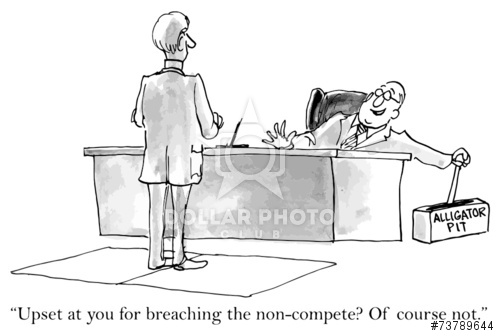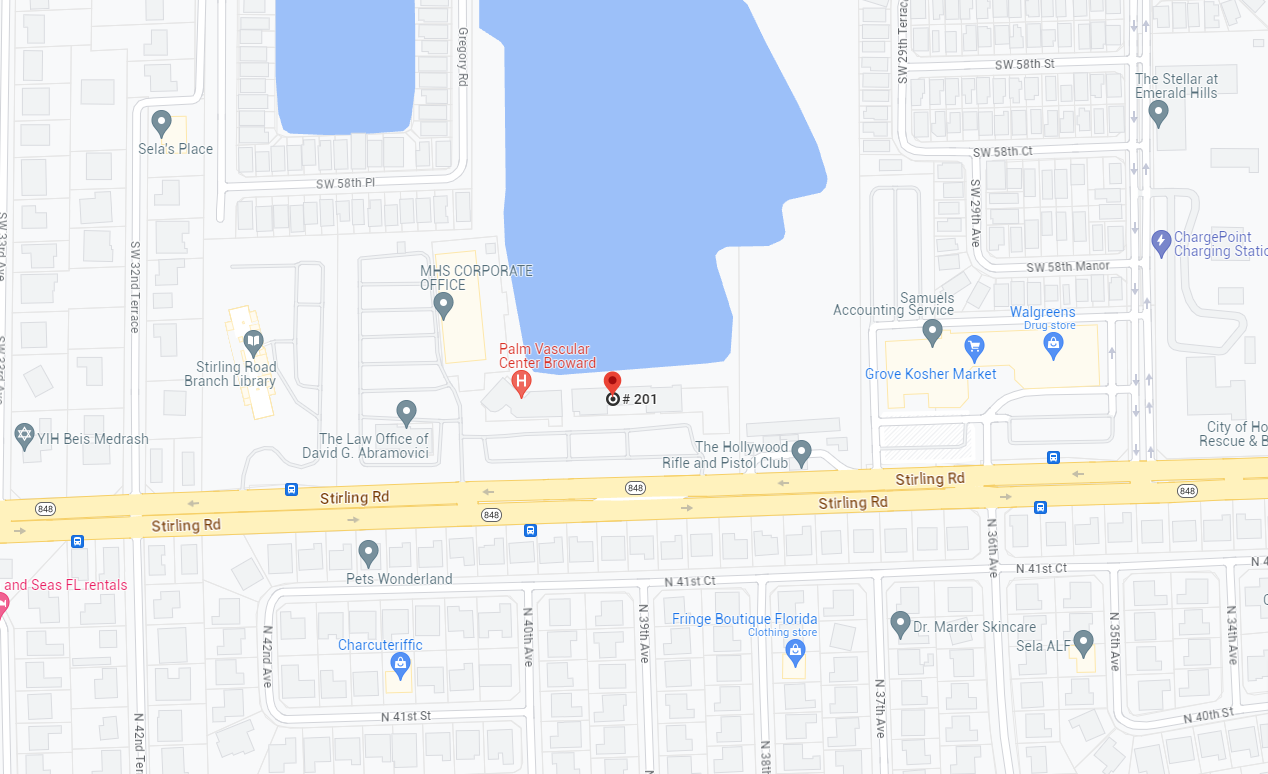Resolving Business Disputes Between Shareholders
 Just like marriage, business partners enter into their relationship full of excitement and hope for the future. Starting, maintaining, and growing a business requires commitment and a lot of hard work and, as the business grows, changes, or struggles, ultimate success of the business often requires the partners to work together, and compromise on various issues relating to the business. Unfortunately, many business partner relationships end up irretrievably broken, and the business partners find themselves in a situation where they must end their business relationship, but where there are business assets that must be accounted for and properly distributed.
Just like marriage, business partners enter into their relationship full of excitement and hope for the future. Starting, maintaining, and growing a business requires commitment and a lot of hard work and, as the business grows, changes, or struggles, ultimate success of the business often requires the partners to work together, and compromise on various issues relating to the business. Unfortunately, many business partner relationships end up irretrievably broken, and the business partners find themselves in a situation where they must end their business relationship, but where there are business assets that must be accounted for and properly distributed.
Under Florida law, whether the business is a corporation, limited liability company, joint venture, or partnership, there are numerous ways to end a business relationship. If the business is successful, but the business partners are not able to continue their business relationship any longer, the best option may be for one or more of the partner(s) to buy out the interest held by the other partner, and continue operation of the successful business. It also may be a good option for one or more of the partner(s) to purchase enough of the interest held by the other partner to obtain controlling interest. This option would permit the successful operation of the business, but would not require the “other” partner to completely forfeit or sell his rights to all future profits of the successful business.
Another option is dissolution of the business. Under this option, the business entity would be dissolved, and the assets of the business would be distributed to each partner in accordance with his or its interest in the business (or in the particular asset). Each business partner would share in the profits (or losses) of the company, and the business would cease to exist. While this option could be utilized for a successful or unsuccessful business, it often makes most sense to dissolve an unsuccessful business.
A third option is sale of the business. Quite simply, the business partners could sell the business, and all of its assets, to someone else, and split the profits or losses in accordance with their interest.
Finally, as a fourth option, the business partners may partition the business, where the assets of the business would be sold or distributed as necessary to ensure that each business received its proportionate interest of the assets.
The proper, or best, method of resolving irretrievable business disputes between partners that desire to end their business relationship is unique to each business, as many factors would require consideration, such as the type of business relationship, the purpose of the business, the success (or failure) of the business, and the assets owned by the business, to name a few. Regardless of which method is chosen to terminate the business relationship, it is important to ensure that the sale, dissolution, stock-purchase, or partition of the business, and accounting of all business assets, is properly done under Florida law.
If you are a partner in a business relationship, for a business in any of Broward, Miami-Dade, or Palm Beach counties, that is irretrievably broken, and you need advice on the best method of legally ending the business relationship, please contact a Broward business lawyer for a consultation, or fill out the contact information on this page.
“My Word Is My Bond”: Are Oral Contracts Enforceable?
In general, a contract does not have to be in writing to be enforceable. Of course, a written contract is usually best, because it clearly sets out the purpose of the contract and the obligations of each party under the contract. However, in today’s business world, people often make oral agreements believing and intending that both parties to the agreement will honor their obligations. Perhaps one of the parties to the agreement was highly recommended by a friend, and the other party didn’t believe a written contract was necessary. Or perhaps the agreement was so obviously beneficial to both parties, that neither party comprehended a potential breach of the agreement. Regardless of the reasons why the agreement was not put into writing, an oral contract is equally enforceable as a written contract under most circumstances.
In Florida, the requirements of a valid contract, whether oral or written, are always the same: offer, acceptance, consideration and sufficiently specific terms. Nevertheless, a written contract is usually preferable, because it is much easier to prove the existence of a valid written contract. When one seeks to prove a valid oral contract, one generally needs to look at things such as letters and e-mails between the parties, the conduct and actions of the parties – e.g., payments made or services performed, and other aspects of the circumstances, such as the relationship of the parties. Even so, some oral contracts are not enforceable under Florida law except under limited circumstances. Examples of these types of oral contracts include: agreements made for the sale of land; residential leases for a period longer than one year; and contracts that will take more than one year to complete. For these types of contracts, the agreement must always be reduced writing.
If you need assistance with enforcing an oral contract (in Broward, Palm Beach, or Miami-Dade County), please call our law firm in Fort Lauderdale at (954) 764-6766 to schedule a consultation with a Broward County business lawyer.
Florida Non-Compete Agreements: Is A Referral Source A Legitimate Business Interest?
Restrictive covenants in an employment contract, such as non-compete or non-solicitation clauses, are disfavored under Florida law. Generally, Florida is a right-to-work state, and Florida courts have explained that any contract that attempts to restrain or limit a person’s right or ability to work must be strictly construed. However, that does not mean that restrictive covenants limiting or prohibiting post-employment competition are not enforceable. To the contrary, when a restrictive covenant is written in compliance with Florida law, it can be a very powerful tool for an employer to protect its legitimate business interests.
 Section 542.335 of the Florida Statutes provides that restrictive covenants prohibiting or restricting competition must be: (a) reasonable in time, area, and line of business; and (b) designed to protect the employer’s legitimate business interests. While the Statute defines “legitimate business interests” as including (among other things) trade secrets, substantial relationships with specific prospective or existing customers, and specialized training, questions often arise as to whether the interests that the employer is trying to protect are actually “legitimate” under Florida law.
Section 542.335 of the Florida Statutes provides that restrictive covenants prohibiting or restricting competition must be: (a) reasonable in time, area, and line of business; and (b) designed to protect the employer’s legitimate business interests. While the Statute defines “legitimate business interests” as including (among other things) trade secrets, substantial relationships with specific prospective or existing customers, and specialized training, questions often arise as to whether the interests that the employer is trying to protect are actually “legitimate” under Florida law.
When interpreting and applying Section 542.335, one issue that occasionally arises is whether “referral sources” qualify as legitimate business interests entitled to protection in an employee non-competition or non-solicitation agreement. While this issue is not entirely settled in Florida, a recent opinion by the Fourth District Court of Appeal (i.e., the appellate court presiding over Broward County and Palm Beach County) provides some insight.
In Infinity Home Care, LLC v. Amedisys Holding, LLC, 40 Fla. L. Weekly D 1929 (Fla. 4th DCA, Aug. 19, 2015), the Fourth District held that referral sources for home health services are a legitimate business interest entitled to protection under a non-compete and non-solicitation clause in an employment contract. In so holding, the Court observed that the home health care industry depends on referral sources as a substantial source of business, and that the former employee was specifically hired because of her substantial relationships with particular referral sources. Thus, the Court concluded that, with respect to the home health care industry, referral sources are protectable legitimate business interests.
Although the Infinity Home Care, LLC case specifically addressed Section 542.335 within the context of the home health services industry, the Court’s reasoning in that case can be applied to many other industries to determine whether a “referral source” is likely a legitimate business interest that is the proper subject of a non-competition/non-solicitation agreement. For example, where the industry relies on referral sources as a substantial source of its business, or where the employee was specifically hired, in large part, because of his or her connections, “referral sources” are likely a legitimate business interest that may be afforded protection under Section 542.335.
If you need clarification regarding whether a non-compete/non-solicitation clause in a Florida employment contract is enforceable in Broward, Miami-Dade, or Palm Beach County, please call our law firm in Fort Lauderdale at (954) 764-6766 to schedule a consultation with a Broward County business lawyer.







